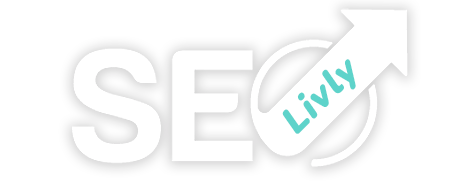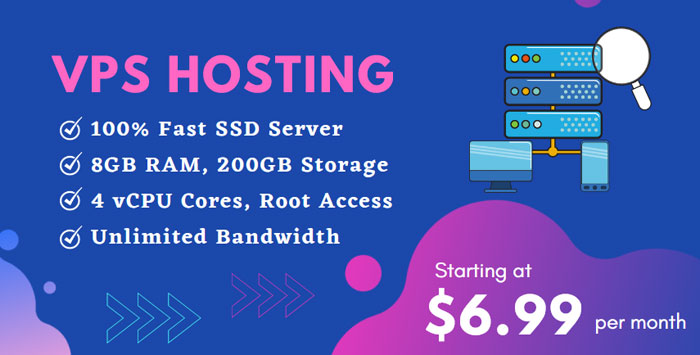Top 13 Programming Languages To Learn In 2025
Top 13 Programming Languages To Learn In 2025
Oh, aren't we ambitious? Hunting down the next big thing in the world of coding, are we? Not that I blame you. Staying ahead of the curve is how you win the game. Let's dive into the swirling chaos of the future and pull out the most promising programming languages of 2025.
1. Python: The Pythonic Way
First on our list is Python, the rockstar of programming languages. This darling of the tech world isn't going anywhere, especially with the rise in AI, machine learning, and data science. With its clean syntax and insane versatility, Python is like the Swiss Army knife of coding. Get on board or get left behind.
2. JavaScript: The Web's Best Friend
Love it or hate it, JavaScript is the lifeblood of modern web development. With the continued growth of front-end frameworks like React and Vue.js, mastering JavaScript is a no-brainer. Plus, with Node.js, you can rule both front-end and back-end development. Who doesn't love playing God?
3. TypeScript: JavaScript's Smarter Cousin
JavaScript's statically typed cousin, TypeScript, is gaining traction like a rocket in zero gravity. It's JavaScript but with a safety net. It's like having a built-in BS detector that keeps your code error-free. If you're into web development, you'd be a fool to ignore this one.
4. Swift: Apple's Golden Child
With the ever-growing popularity of iOS devices, Swift is the language to know if you're looking to develop apps for the Apple ecosystem. It's fast, it's safe, and it's got the backing of one of the biggest tech companies in the world. It's the coding equivalent of a well-groomed pedigree dog.
5. Kotlin: The Android Overlord
Kotlin is the new golden boy of Android development, officially endorsed by Google. It's interoperable with Java and comes with a cleaner syntax. If you're aiming to build Android apps, Kotlin is the highway you want to be on.
6. Rust: Safe, Fast, and Frustrating
Rust is gaining momentum as the go-to language for system-level programming. It's like C++, but it doesn't let you shoot yourself in the foot. However, it has a steep learning curve that will test your patience and possibly your sanity.
7. Go: The Cloud's BFF
Google's Go language, or Golang, is the darling of the cloud computing and microservices world. It's simple, it's efficient, and it's built for scalability. If you're aiming for a career in cloud computing, Go is your ticket to ride.
8. Julia: The Scientist's Pet
Julia, designed for high-performance numerical and scientific computing, is increasingly being used in data science and machine learning, giving Python a run for its money. This one's a dark horse to keep an eye on.
9. R: The Statistician's Dream
R is the lingua franca of statisticians and data analysts. With a comprehensive package ecosystem, R is a powerhouse for statistical computing and graphics. If you're planning to dive into data science, R is your trusty steed.
10. C#: Microsoft's Jack of All Trades
C# is the backbone of a myriad of Microsoft applications. It's versatile, powerful, and constantly evolving. From Windows services to gaming (thanks to Unity game engine), C# has a wide range of applications. Ignore it at your own risk.
11. Dart: Flutter's Dancing Partner
Dart, the language behind Google's UI toolkit Flutter, is making waves in the mobile app development world. Flutter allows you to build natively compiled applications for mobile, web, and desktop from a single codebase. It's like hitting three birds with one stone.
12. Scala: Functional Programming's Poster Child
Scala is a powerful fusion of object-oriented and functional programming paradigms, designed to solve the problems of Java. It plays well with Apache Spark, a big data processing framework, making it a top choice for data engineers. It's like your regular coffee but with a double shot of espresso.
And there you have it, the future of programming in a nutshell. Keep in mind, the tech world is a wild beast, and predicting its movements is an art, not a science. But these languages have the momentum, the backing, and the versatility to stay relevant in the next few years.
Now, you might think that you need to master all these languages to be successful. You don't. Pick one or two that align with your career goals and master them. The depth of knowledge beats the breadth any day.
Now get out there and start coding, you future millionaire, you. And remember, the world is going digital, and if you can't keep up, you might as well go live in a cave.
13. R Compiler
R, the king of statistical programming, is an open-source language widely used by statisticians, data miners, and researchers for developing statistical software and data analysis. If you're eyeing a career in data science, R is your go-to language. Its robust package ecosystem and built-in functionality for running complex statistics make it a heavy hitter in the world of data manipulation. So, are you ready to crunch some numbers and decode complex data? Grab your keyboard and dive into the world of R programming. Remember, you're not just a coder, you're a coding prodigy who's about to conquer the data science world. Buckle up, it's going to be an exciting ride!
Programming language FAQs:
1. What's the easiest programming language to learn?
Python is generally considered the easiest language for beginners due to its straightforward syntax.
2. Which programming language is best for getting a job in 2023?
Depends on the job you want. Python for data science, JavaScript for web development, Kotlin for Android development, Swift for iOS development. There's no one-size-fits-all answer here.
3. How do I decide which programming language to learn?
Consider what you want to do (web development, app development, AI, etc.) and choose the language that's commonly used in that field.
4. How long does it take to learn a programming language?
Again, it depends. With a good learning resource and consistent practice, you can learn the basics of a language like Python or JavaScript in a few months. But mastering it takes years.
5. Can I learn more than one programming language at a time?
You can, but it's not recommended. It's better to learn one language thoroughly before moving on to the next one. It's not a sprint, it's a marathon.
And that's all the wisdom I'm dispensing for today. Now go forth and conquer the coding world. You've got this.
Learn to Code Resources:
Now let's dive into resources to get you started with this data wizard: here are some programming books, courses and articles about learning each coding language.
1. Python
2. JavaScript
3. Java
4. Kotlin
5. Swift
6. Rust
7. Go
8. TypeScript
9. C#
10. Dart
11. Scala
12. Julia
13. R compiler
Now, remember, you can't just become an expert overnight, so take your time. Go through the resources, understand the syntax, practice coding, and build projects. That's your roadmap to becoming a proficient coder. And remember to keep your swagger on, because the world of coding needs more rockstars!












